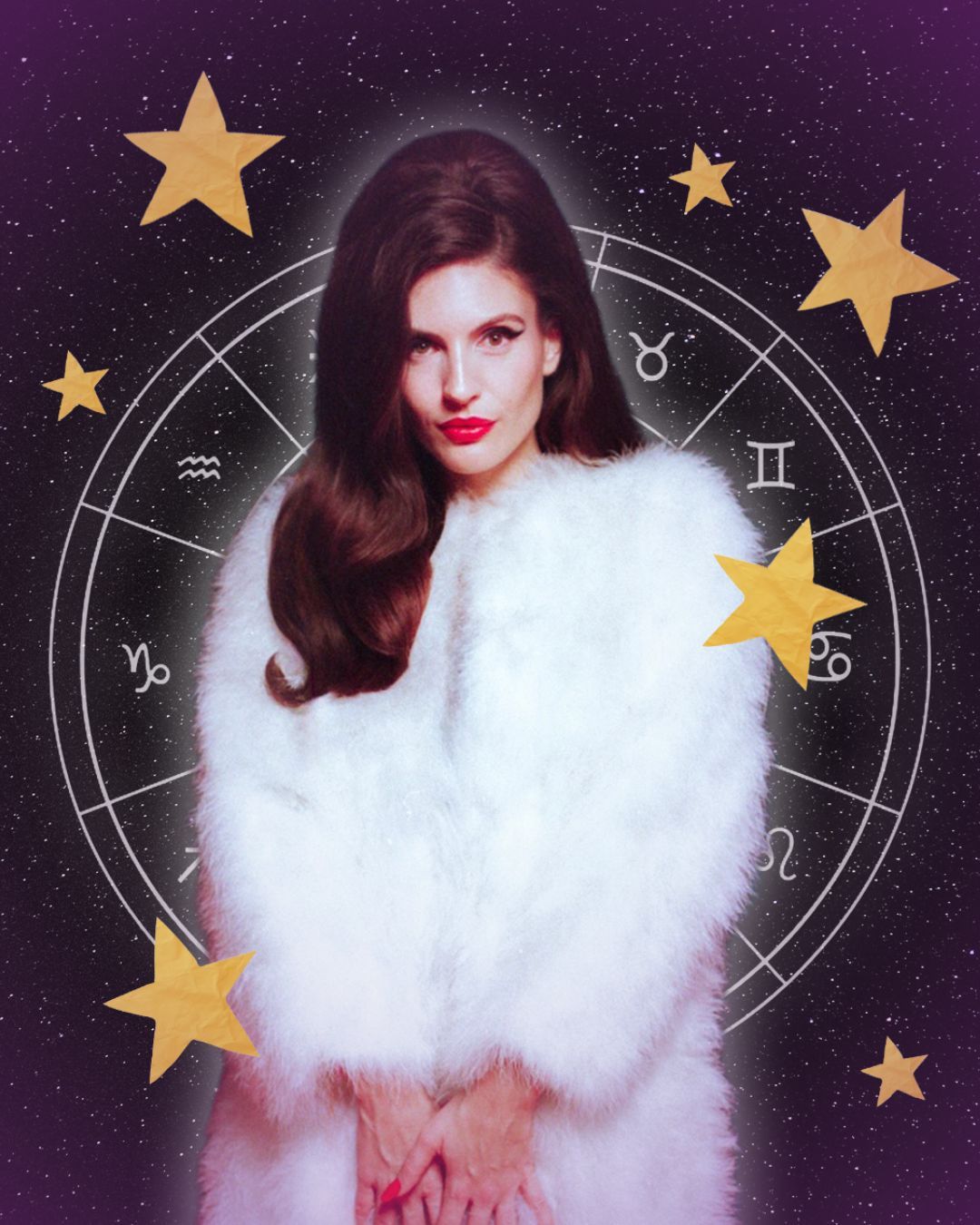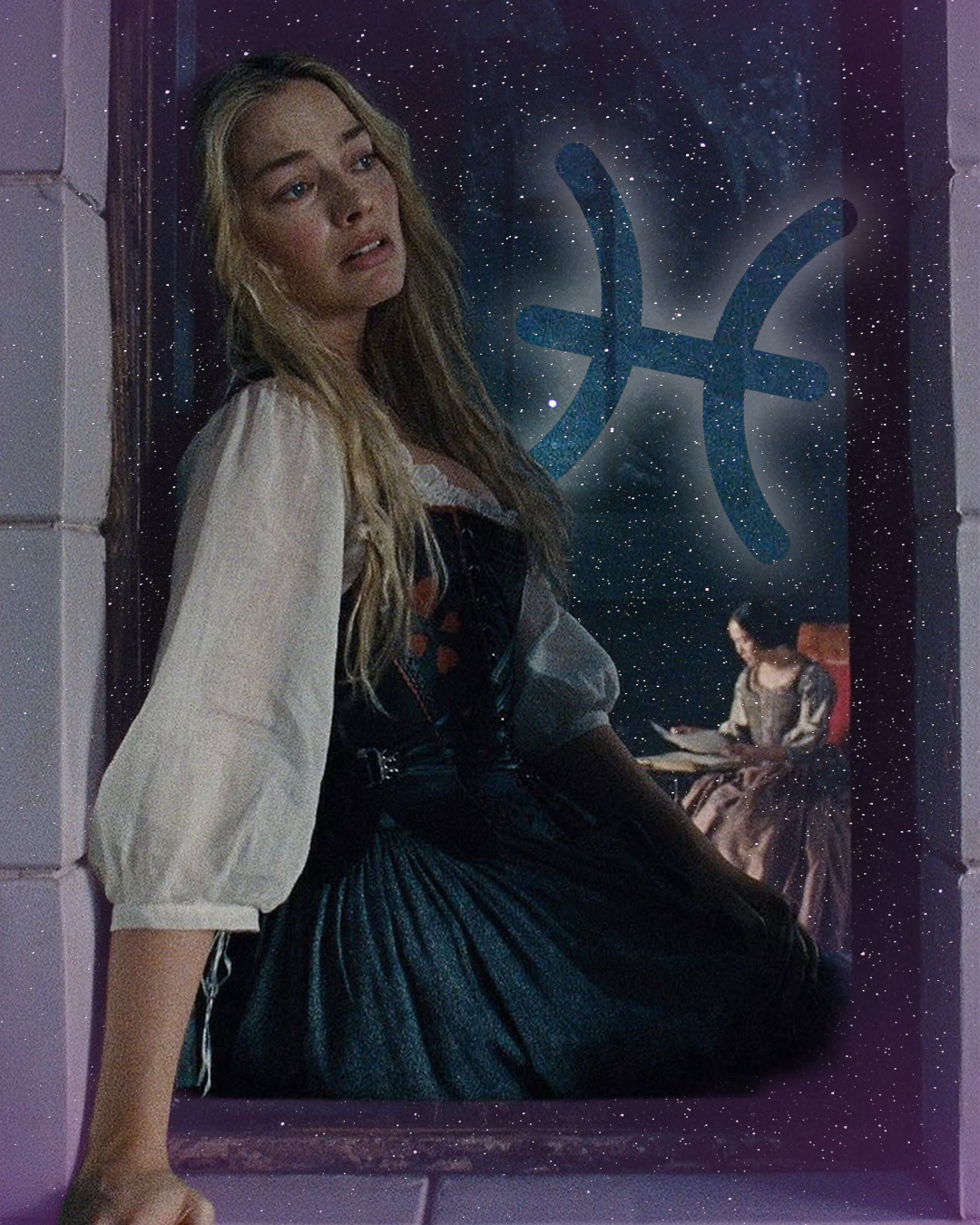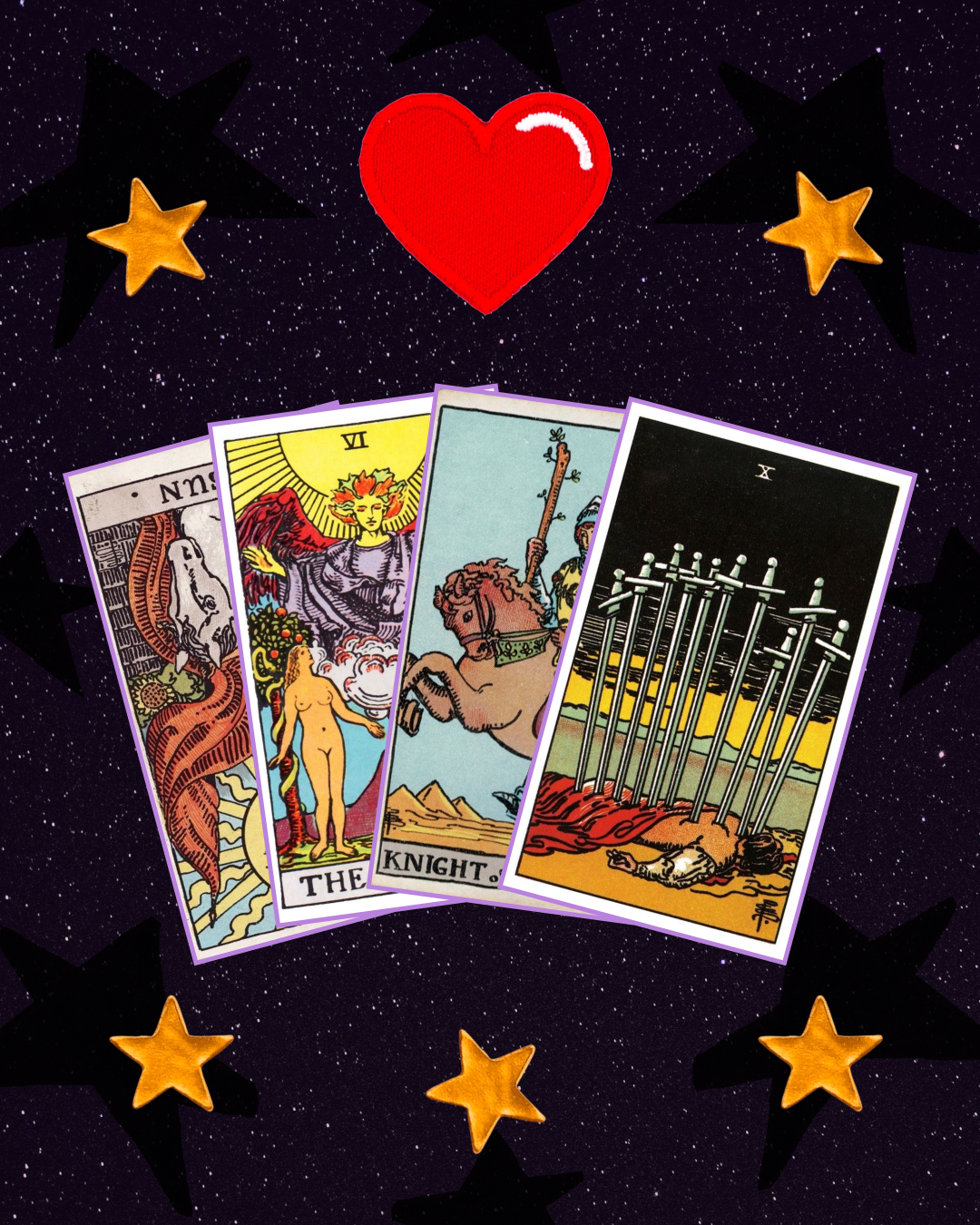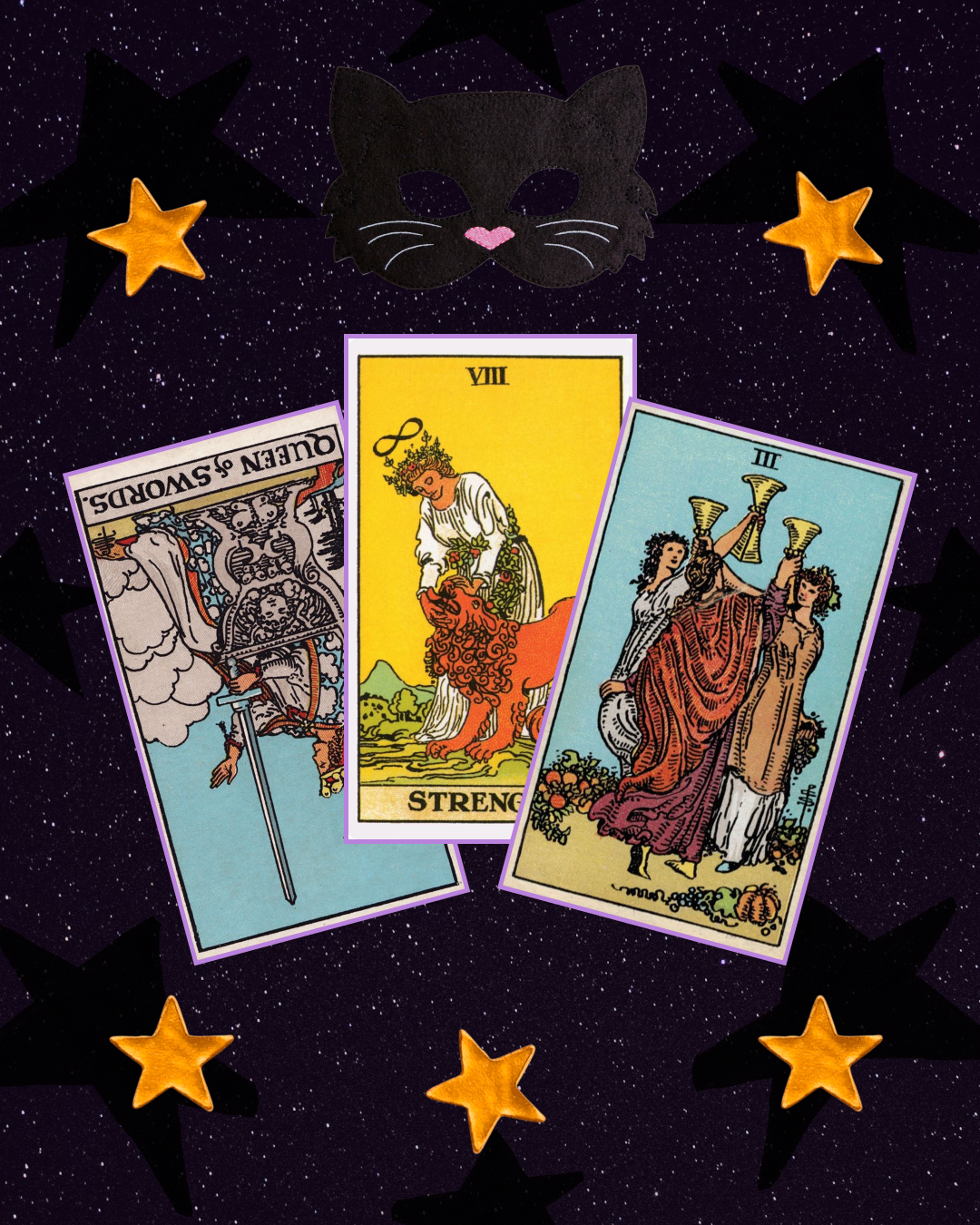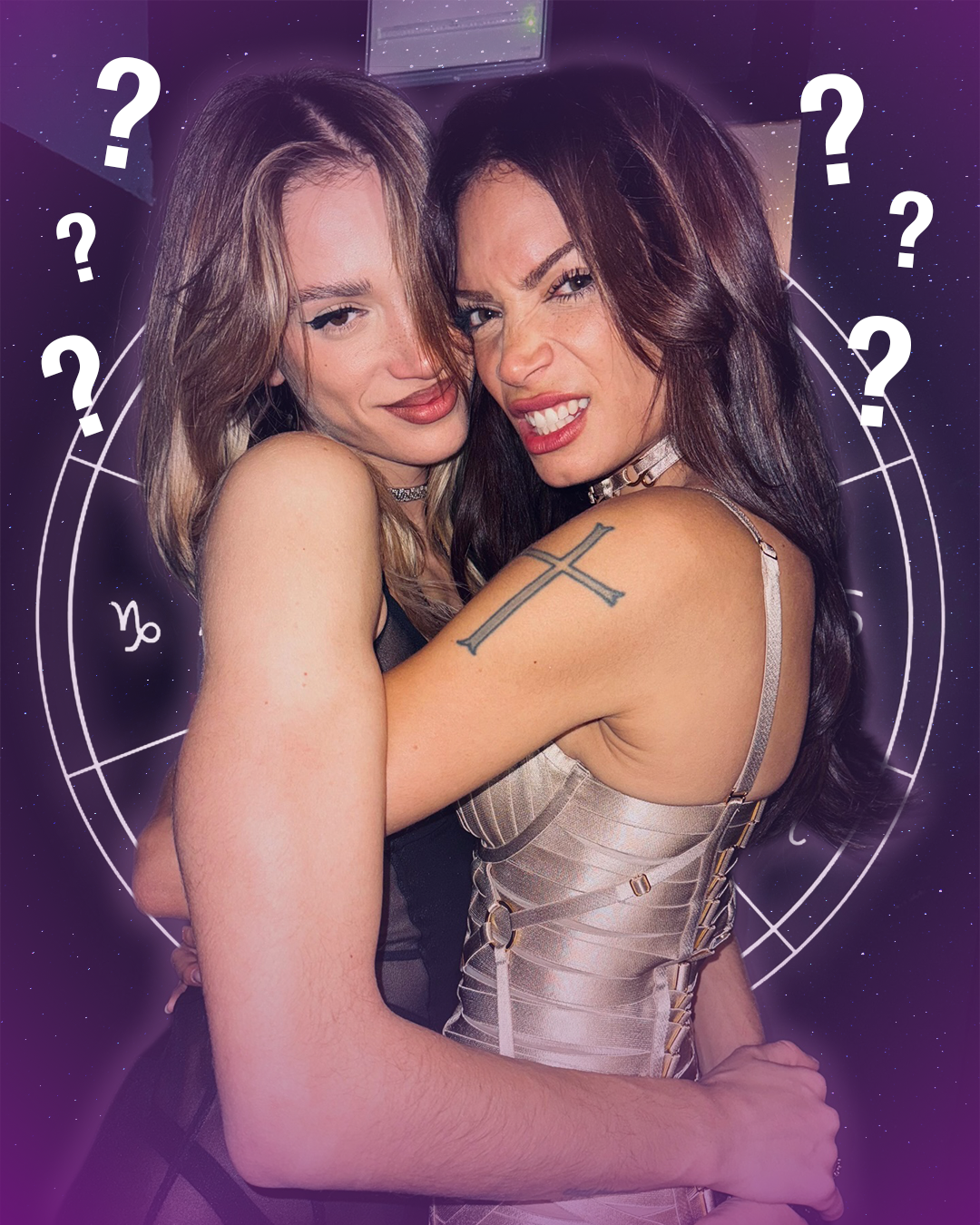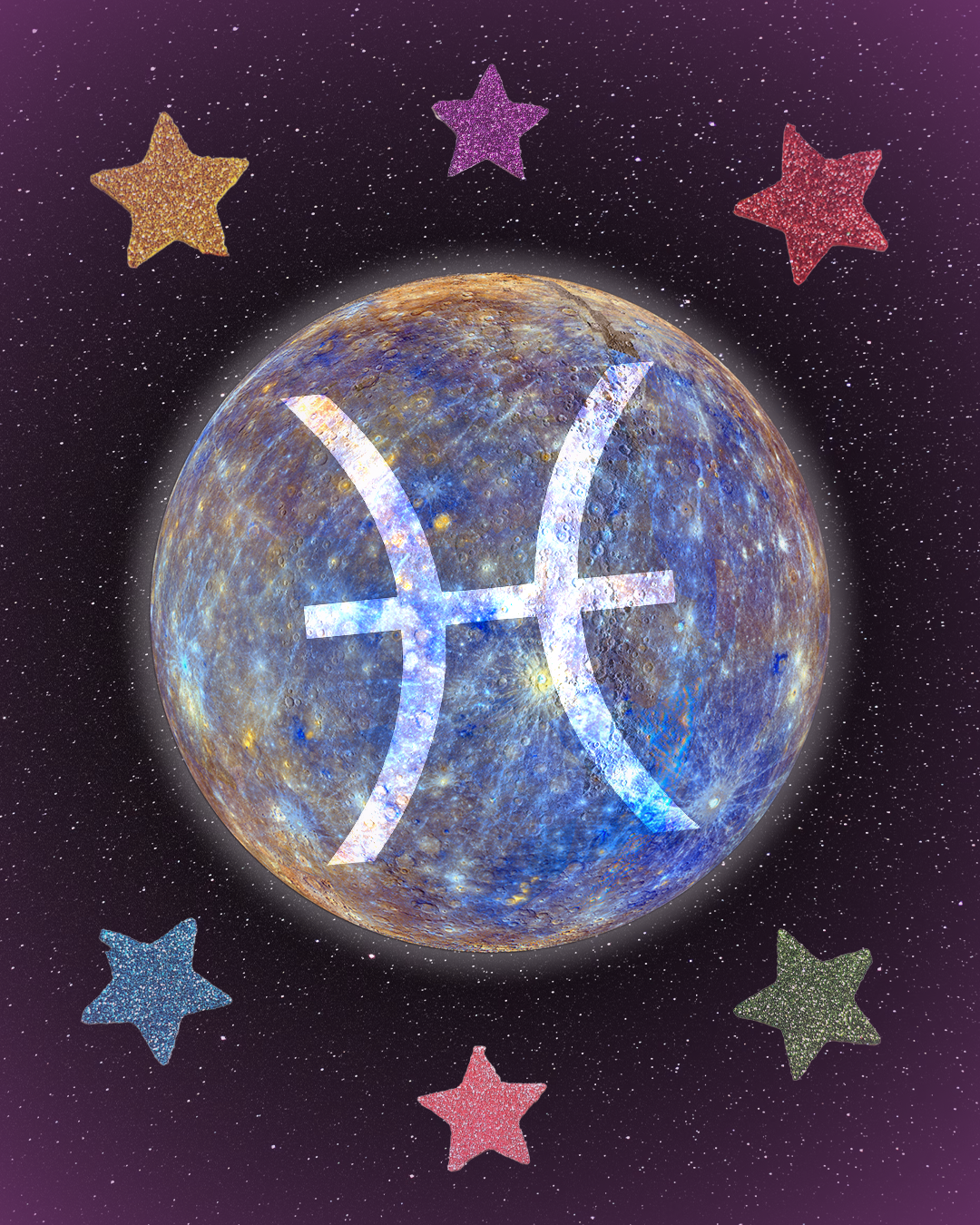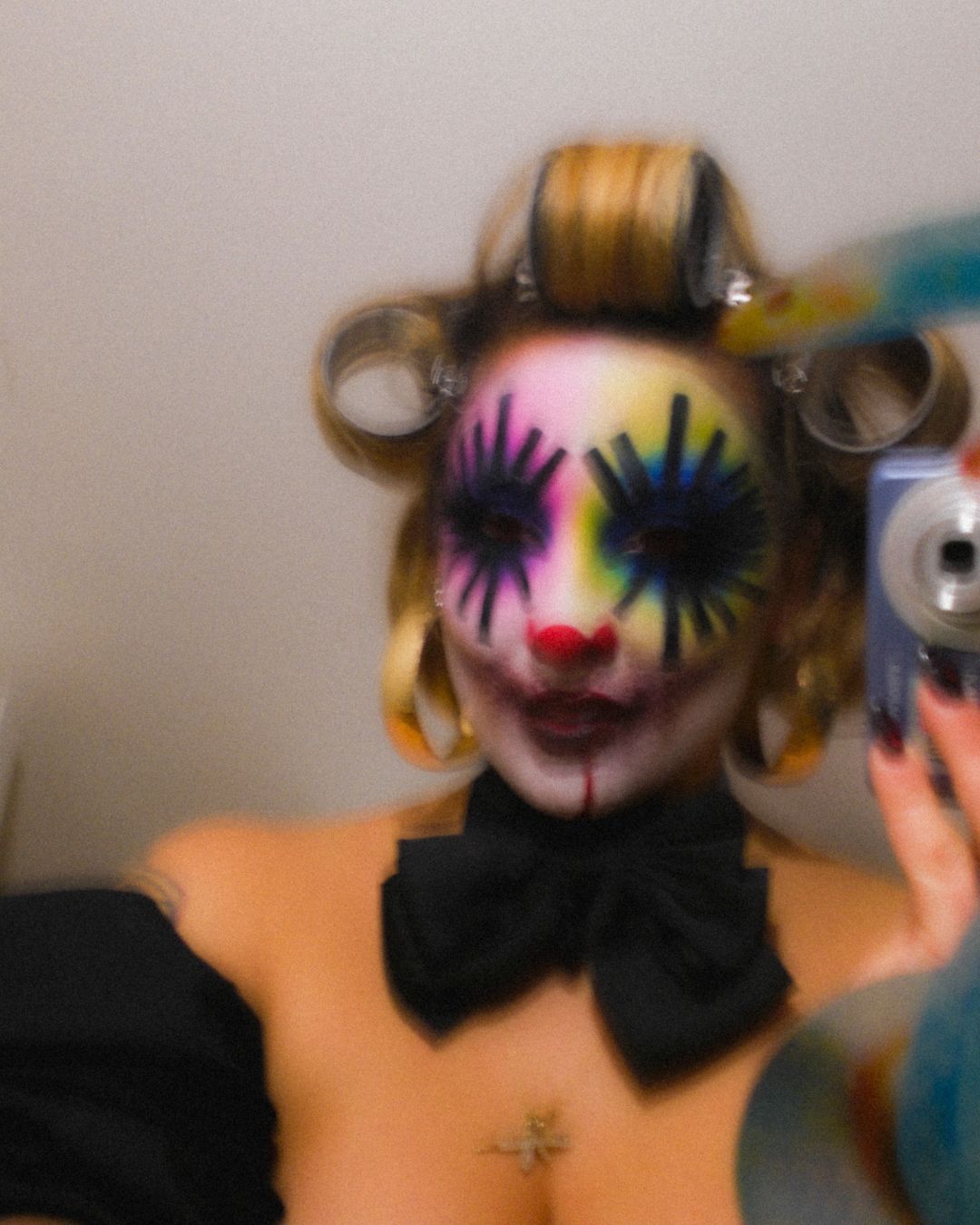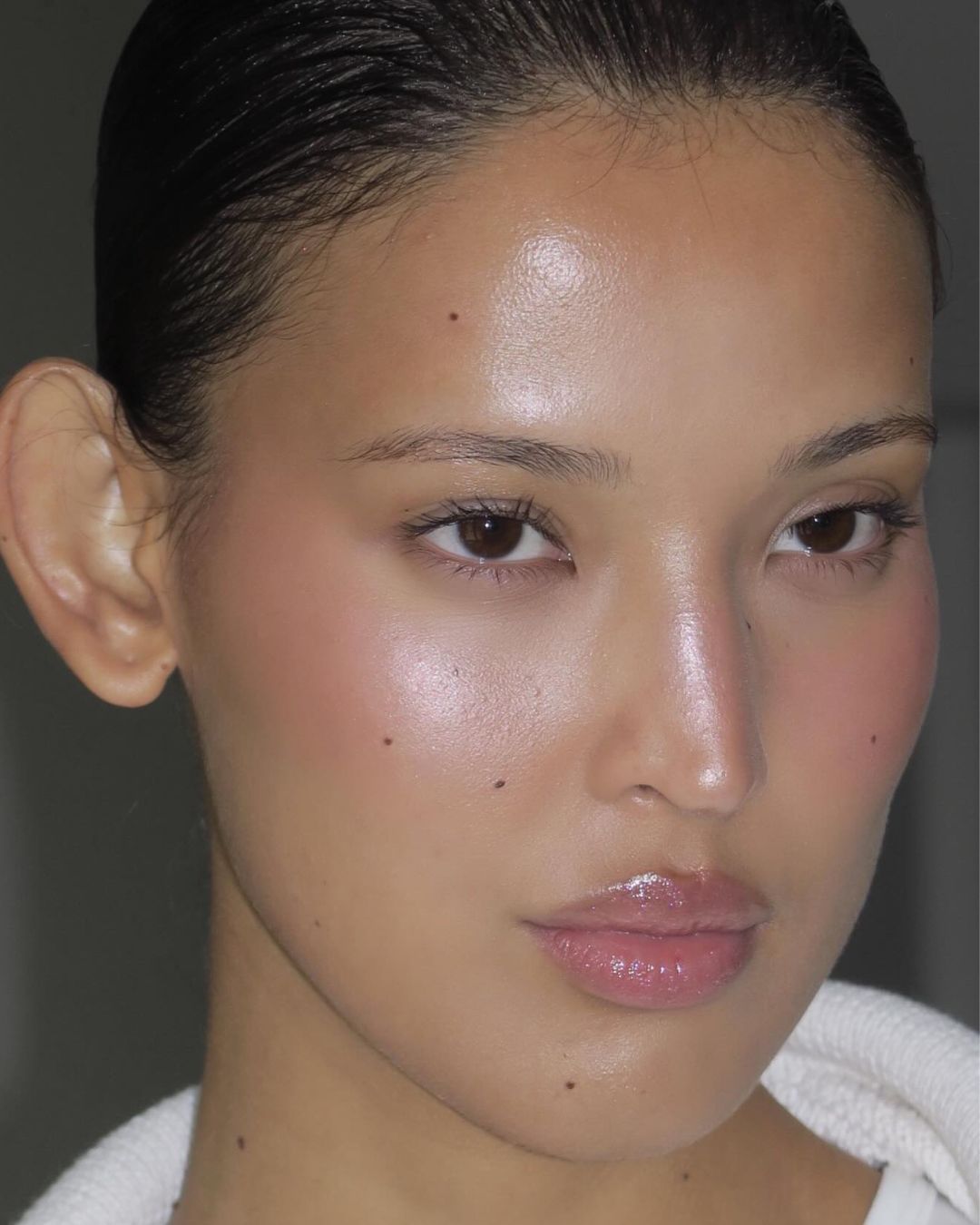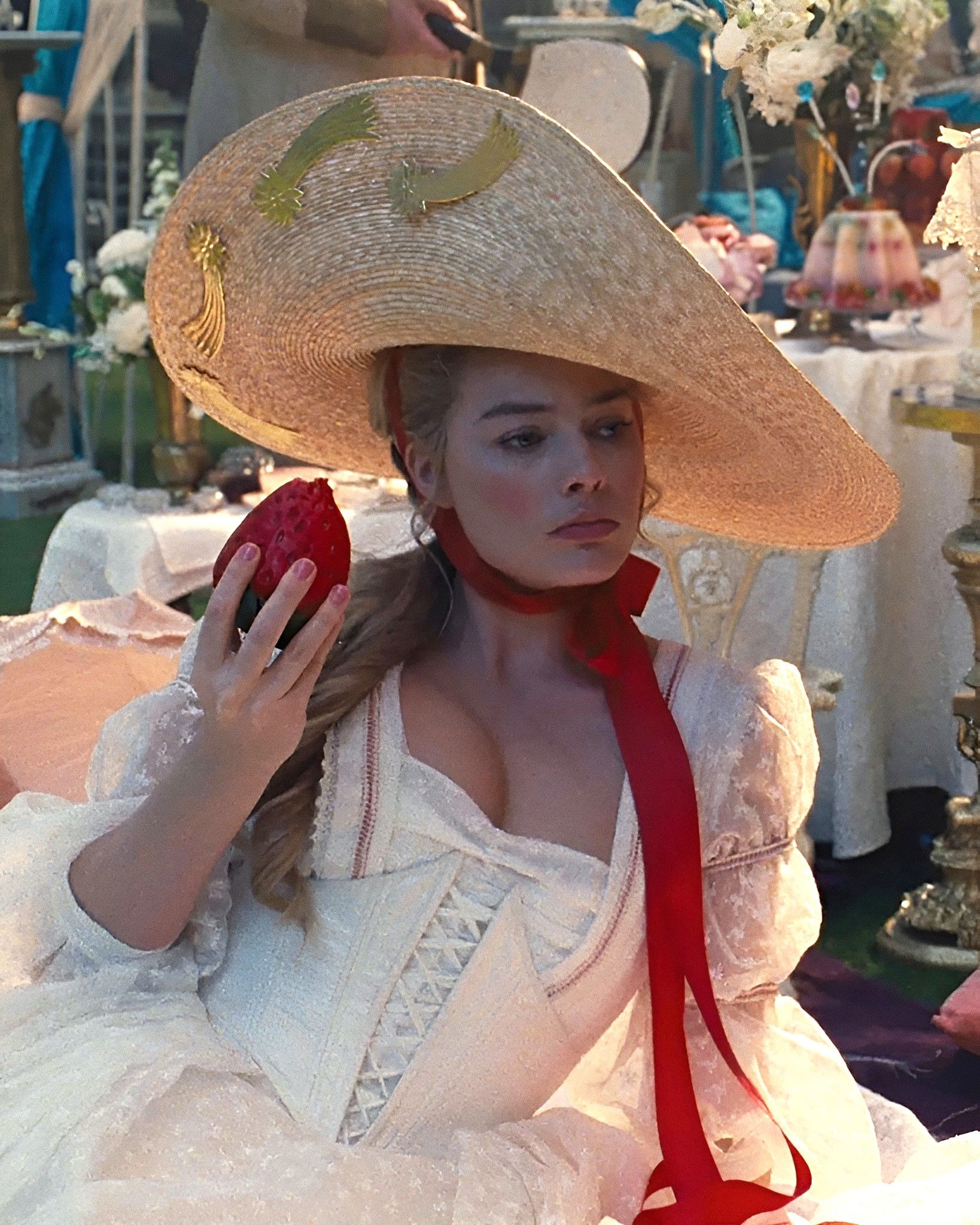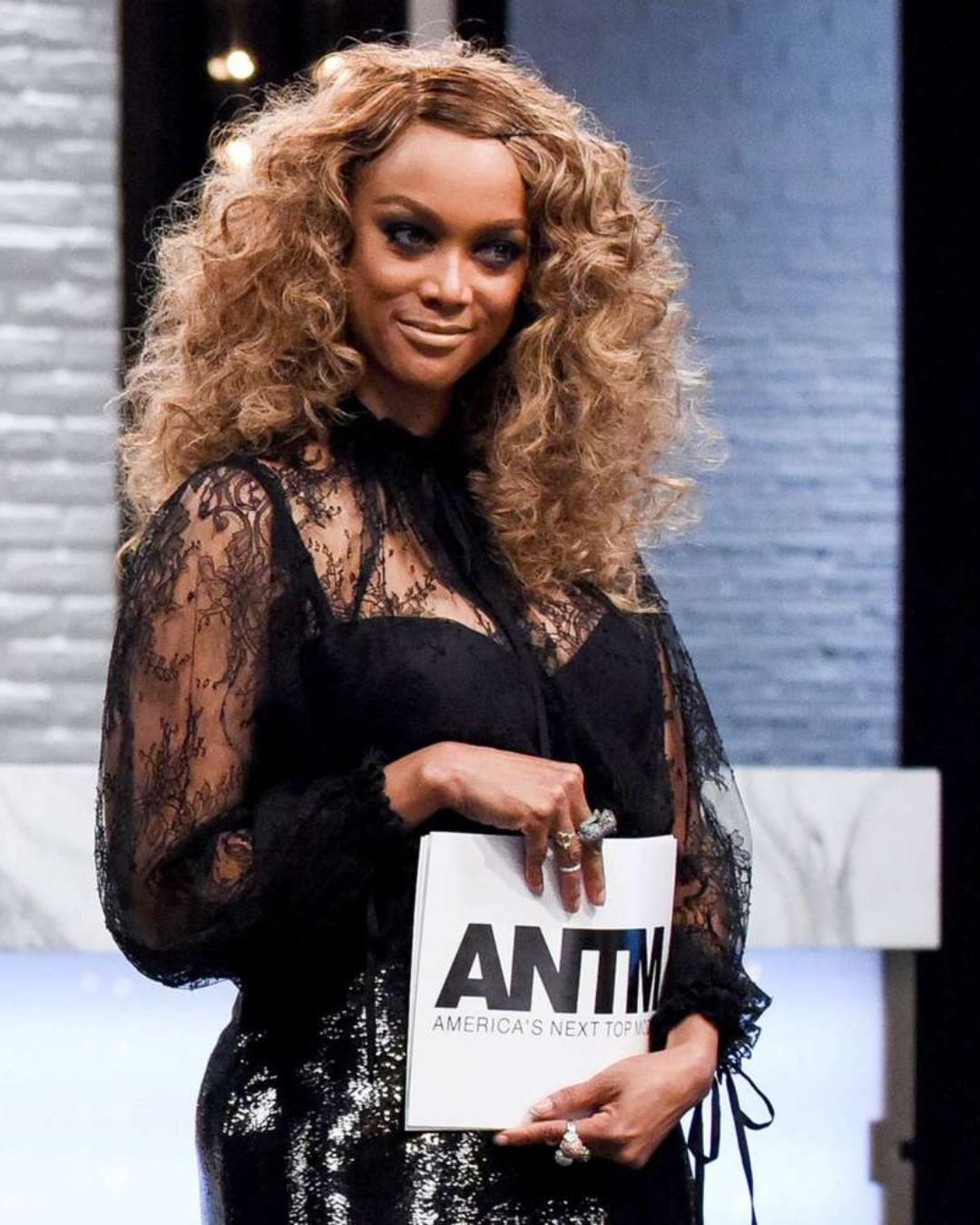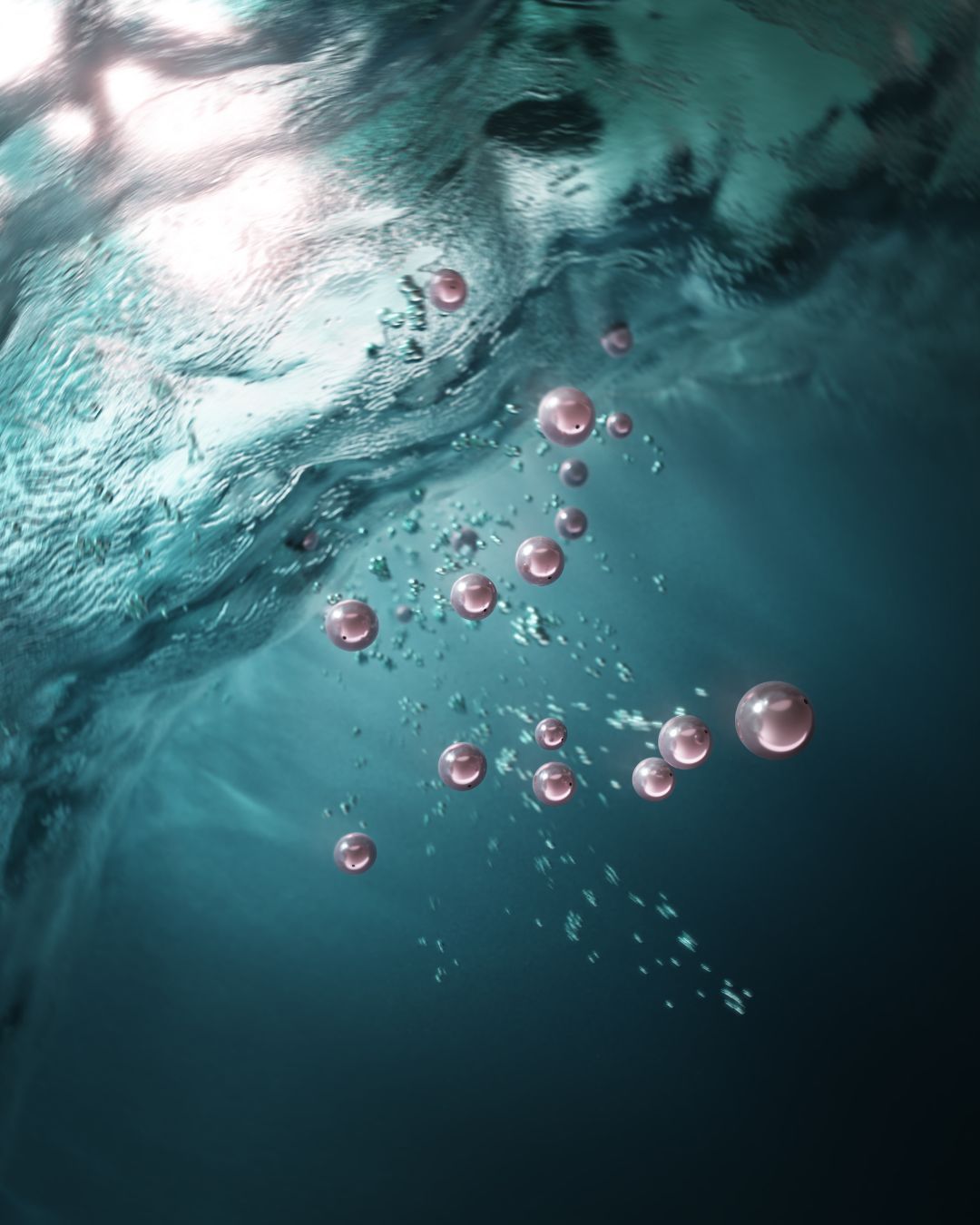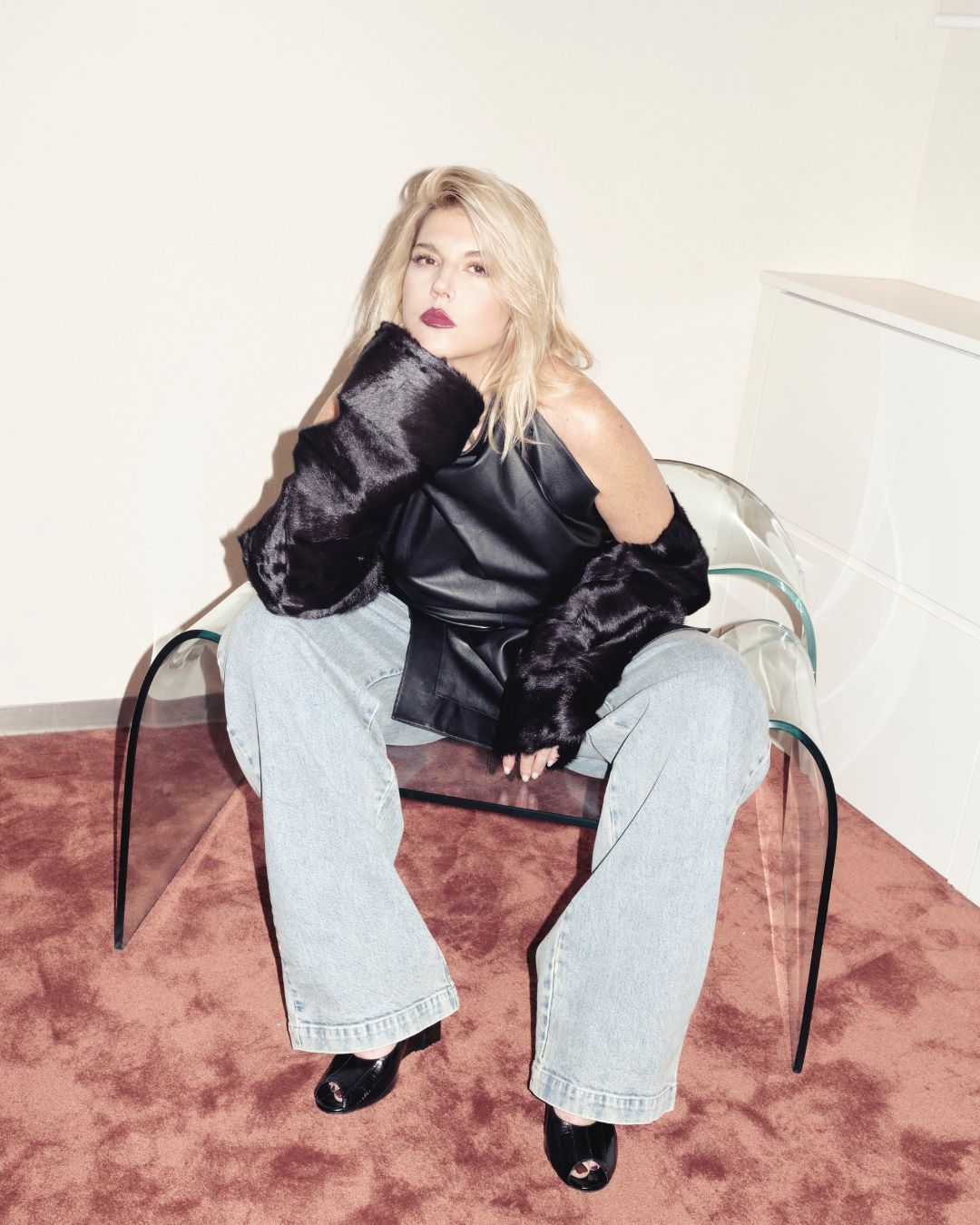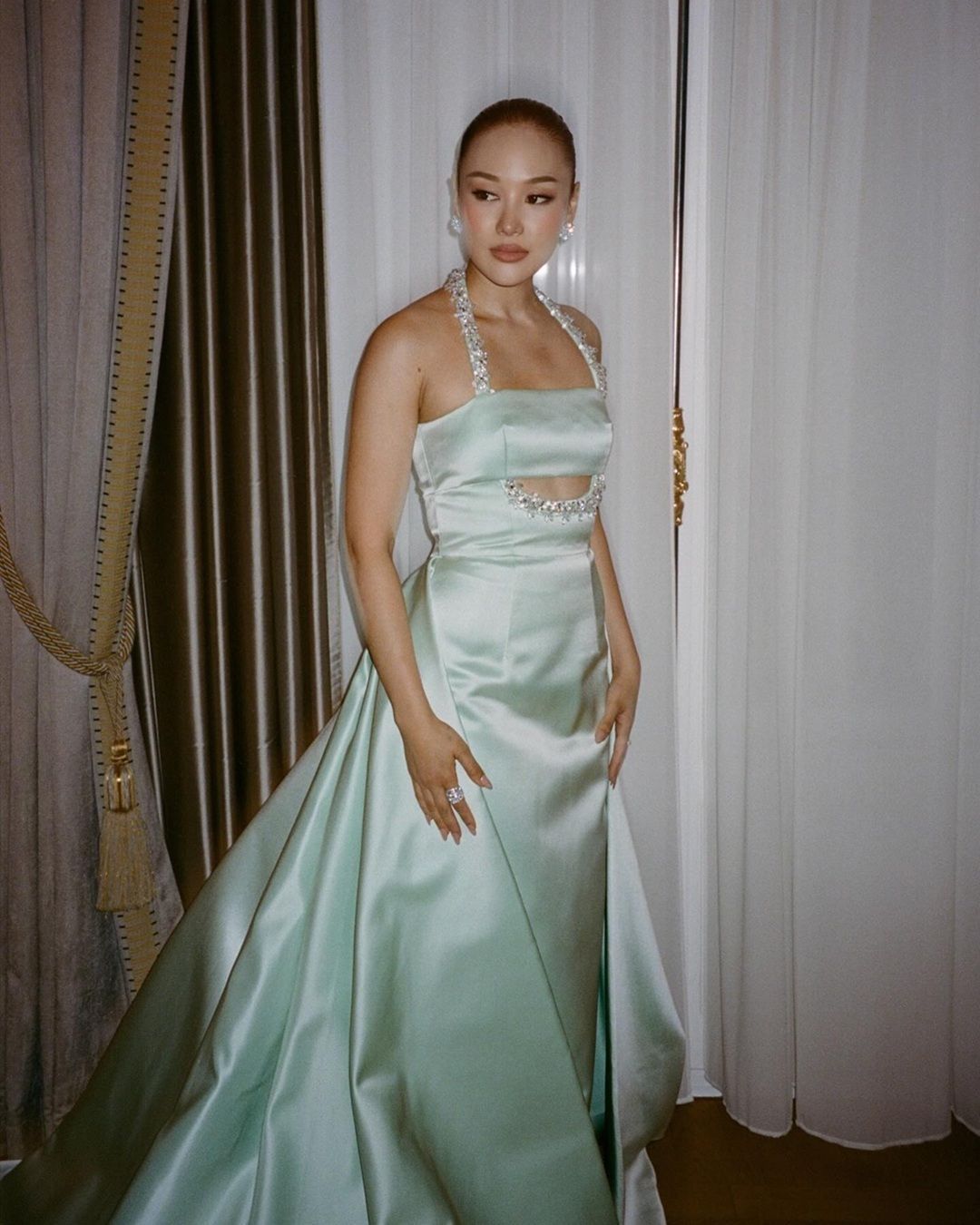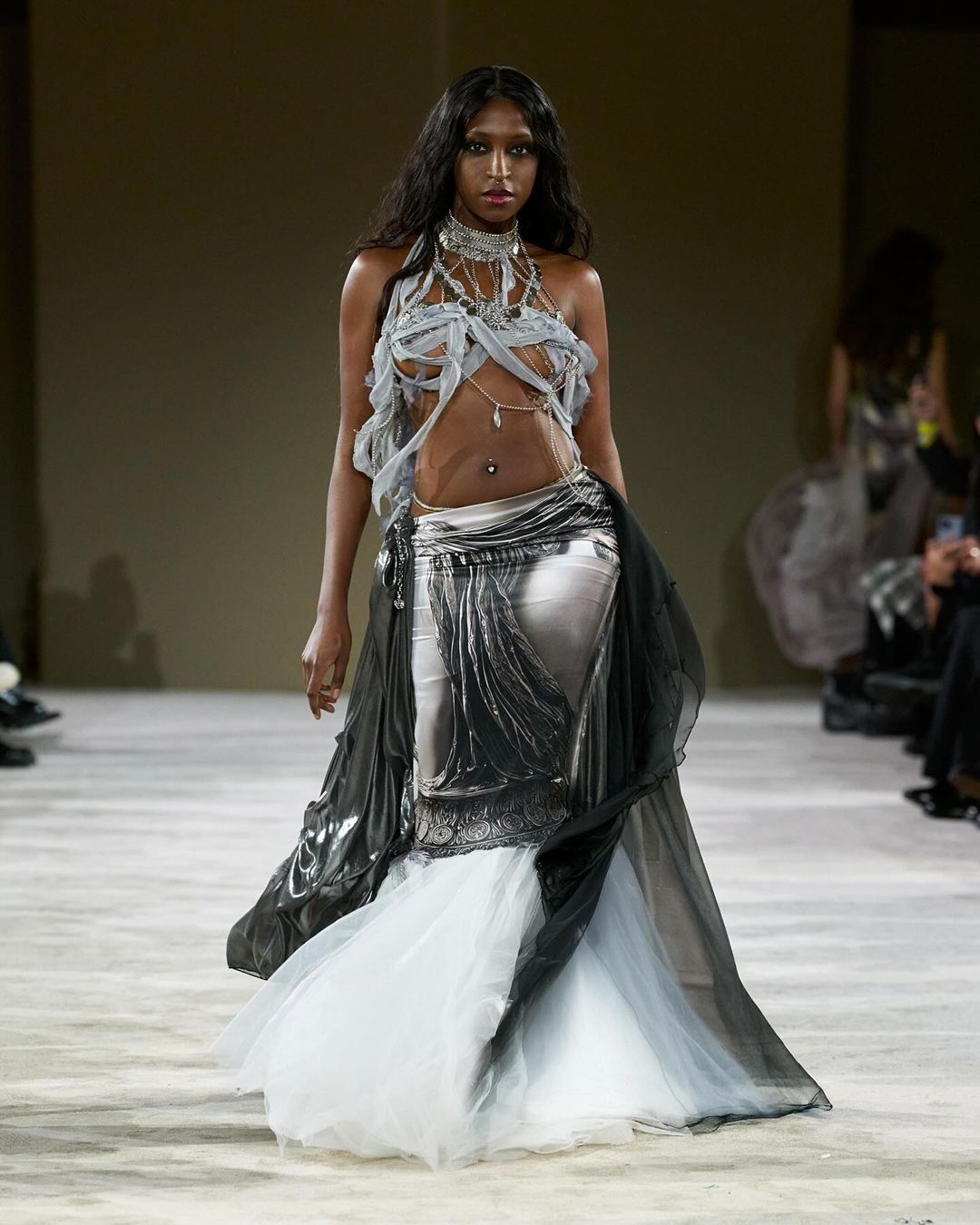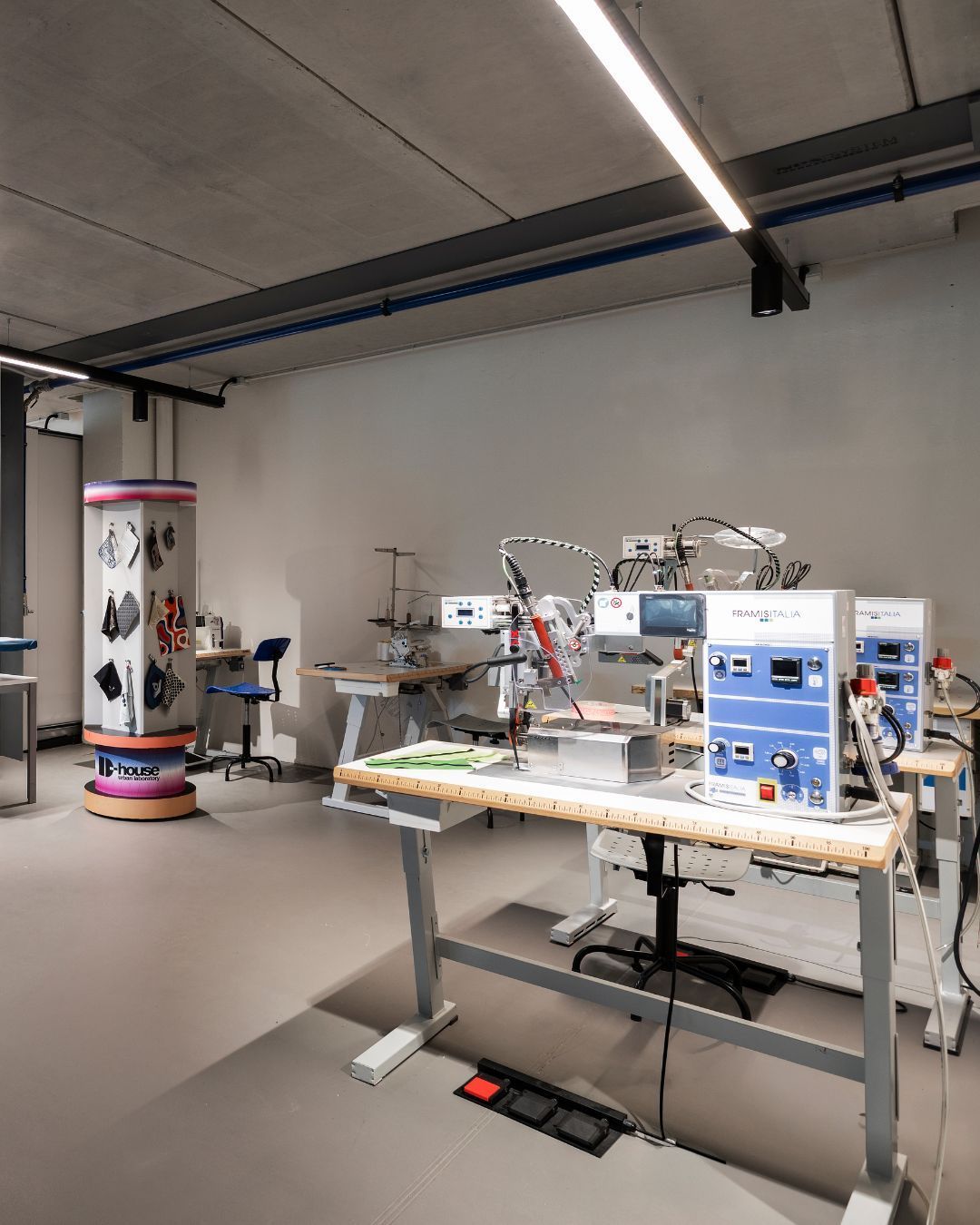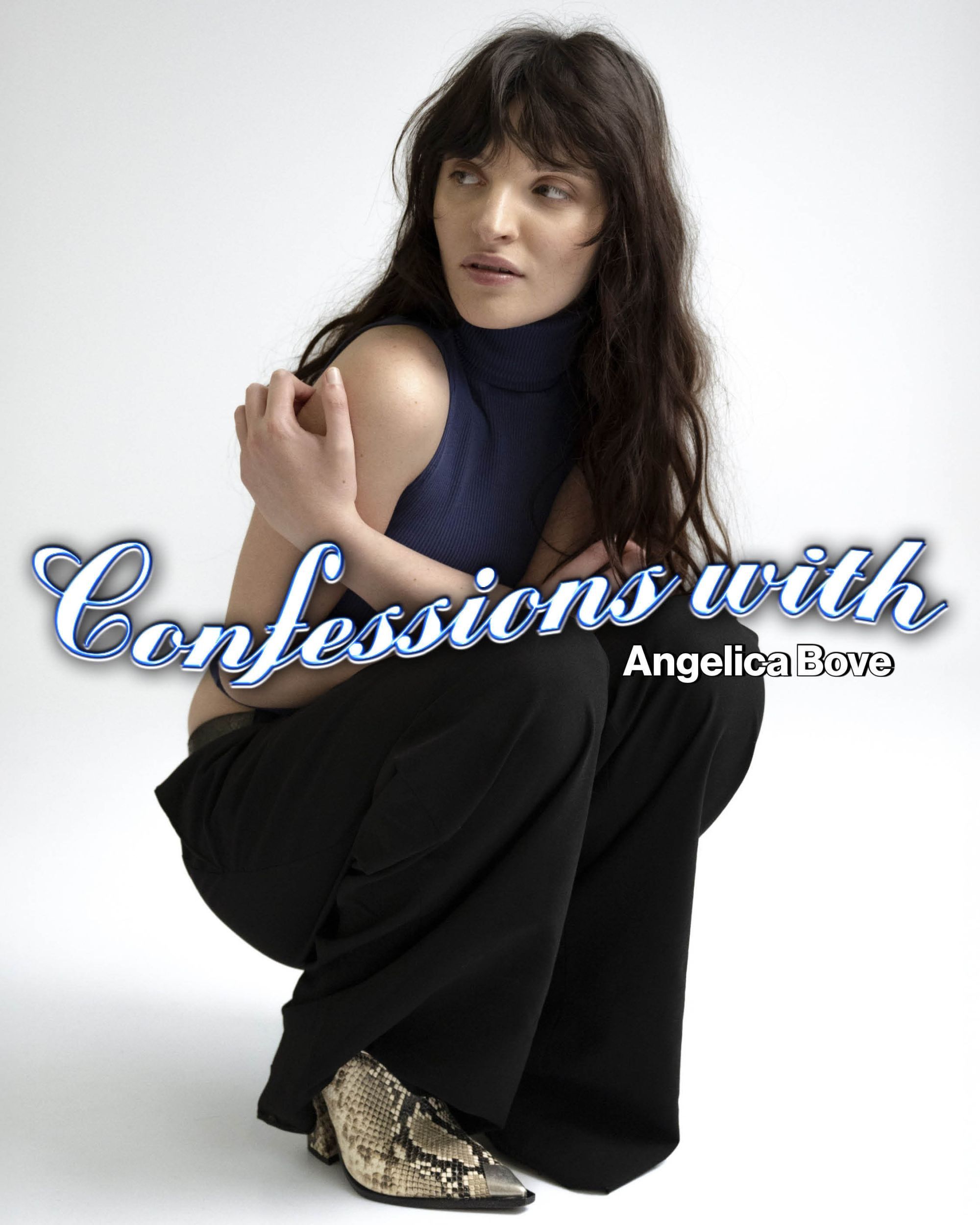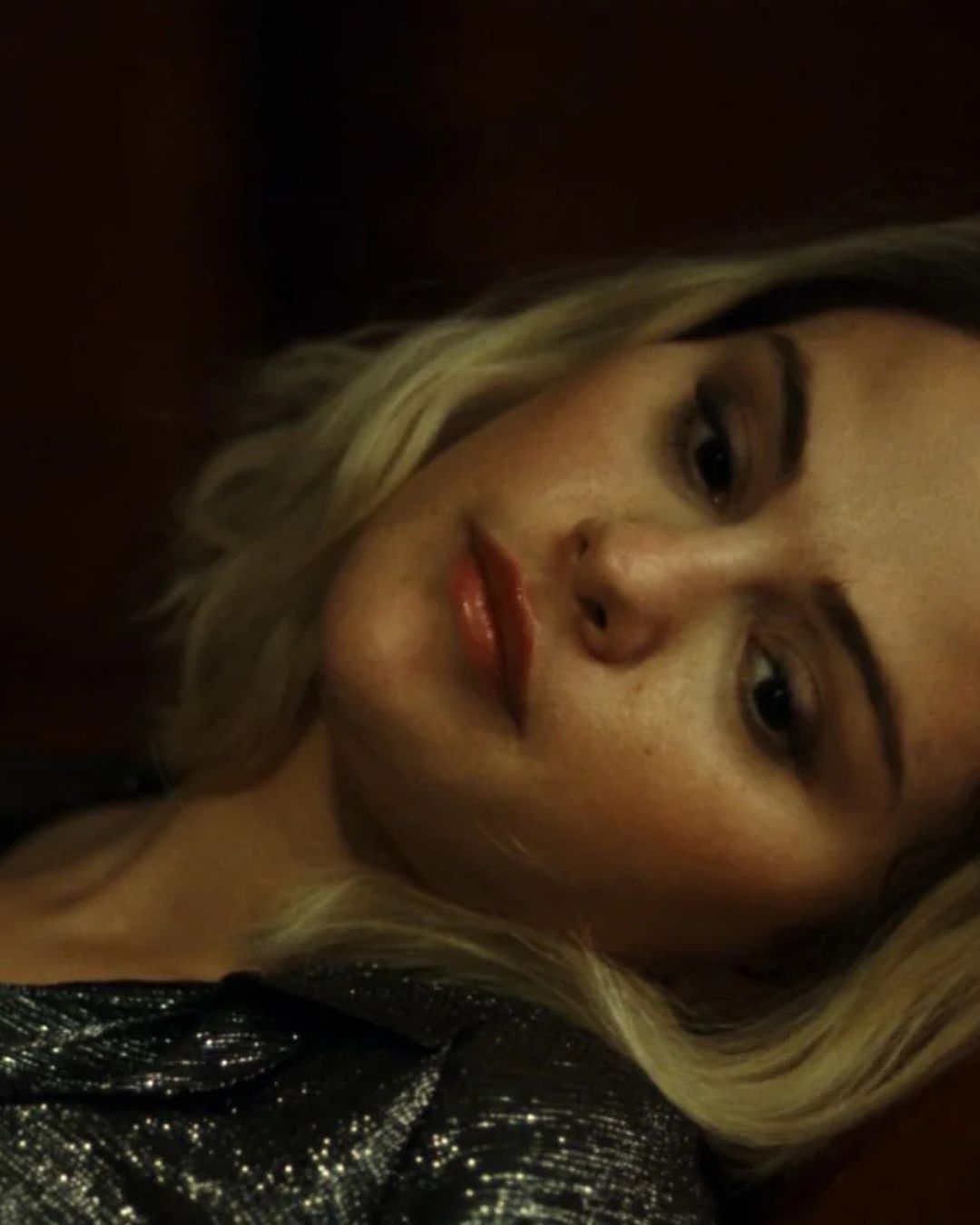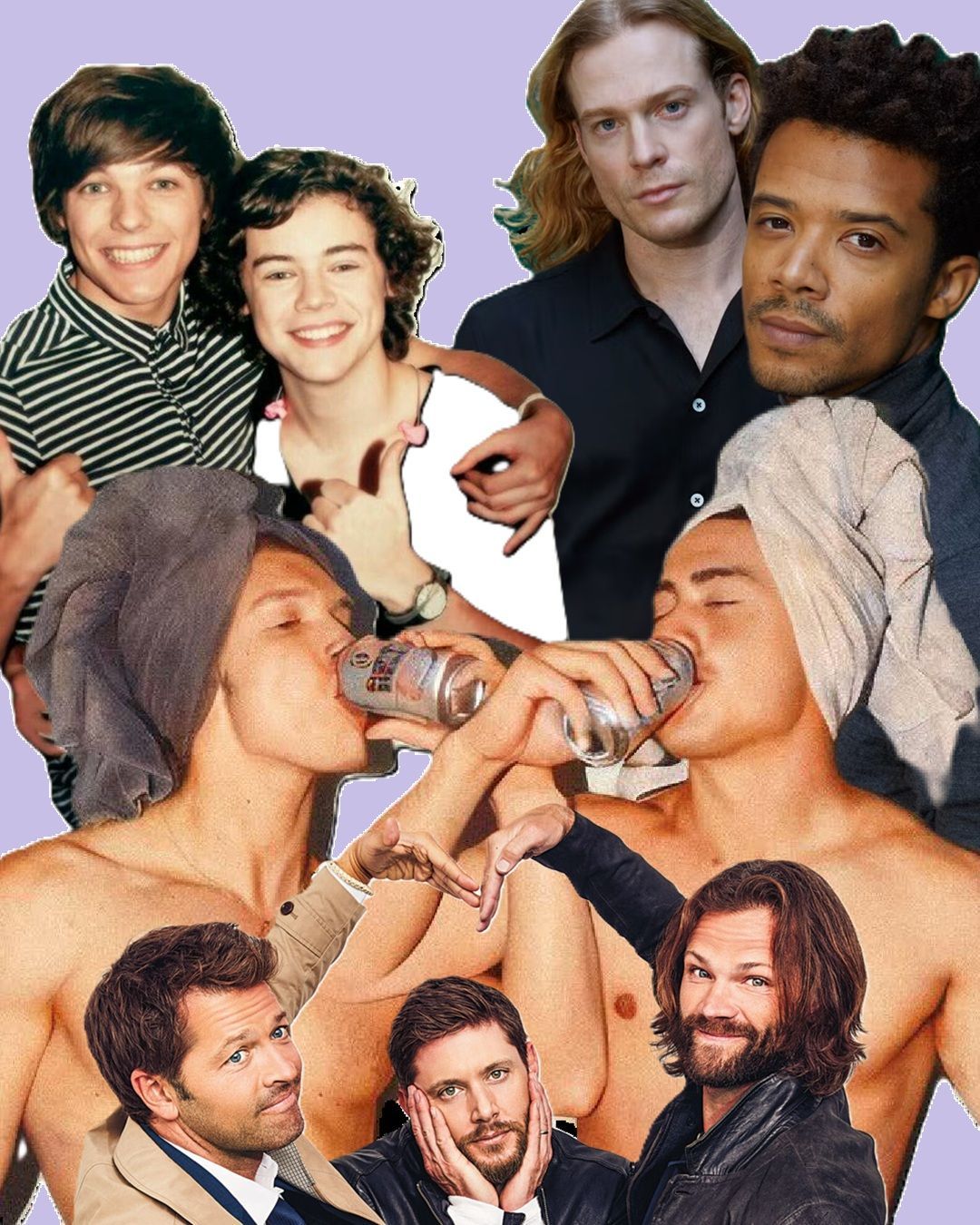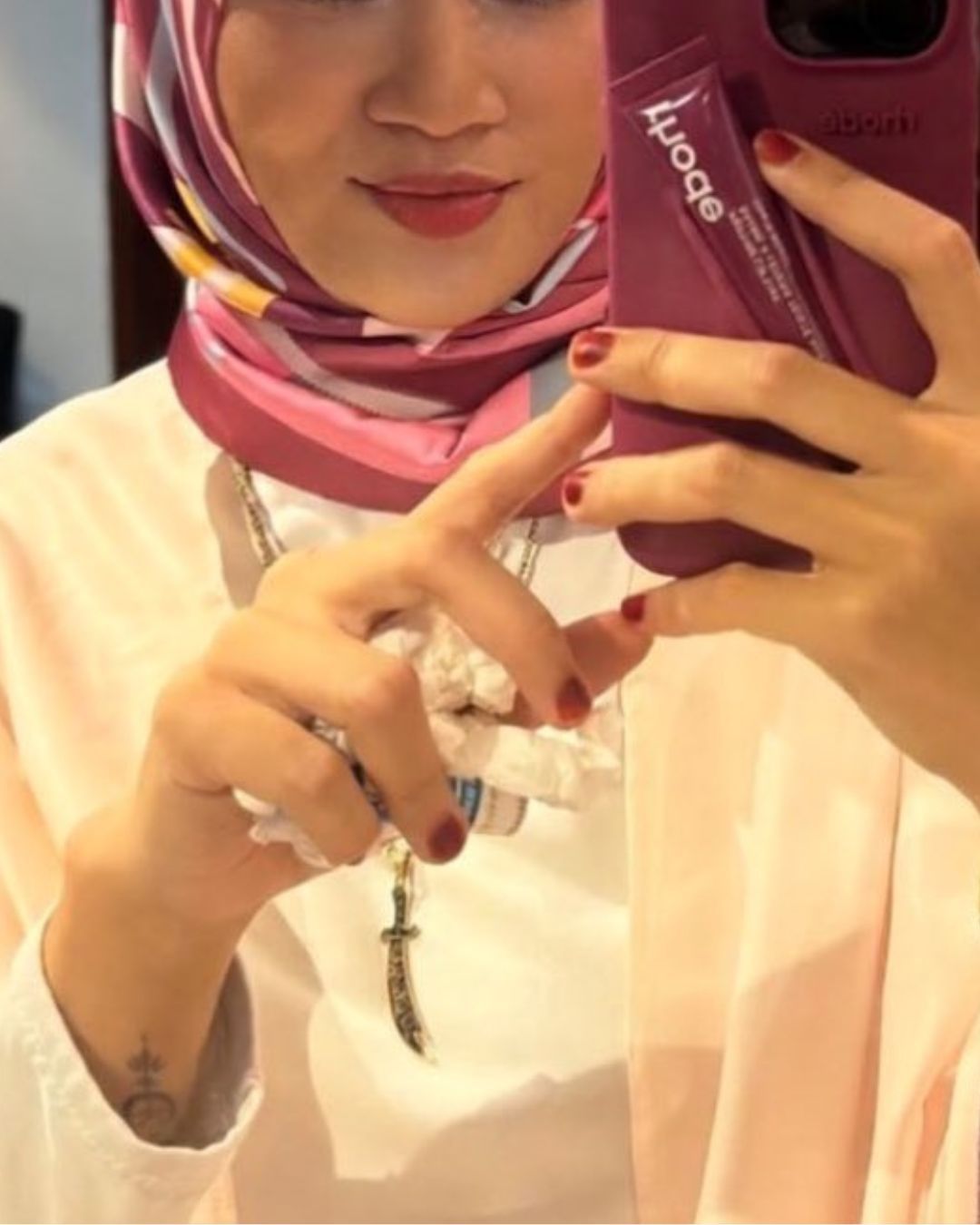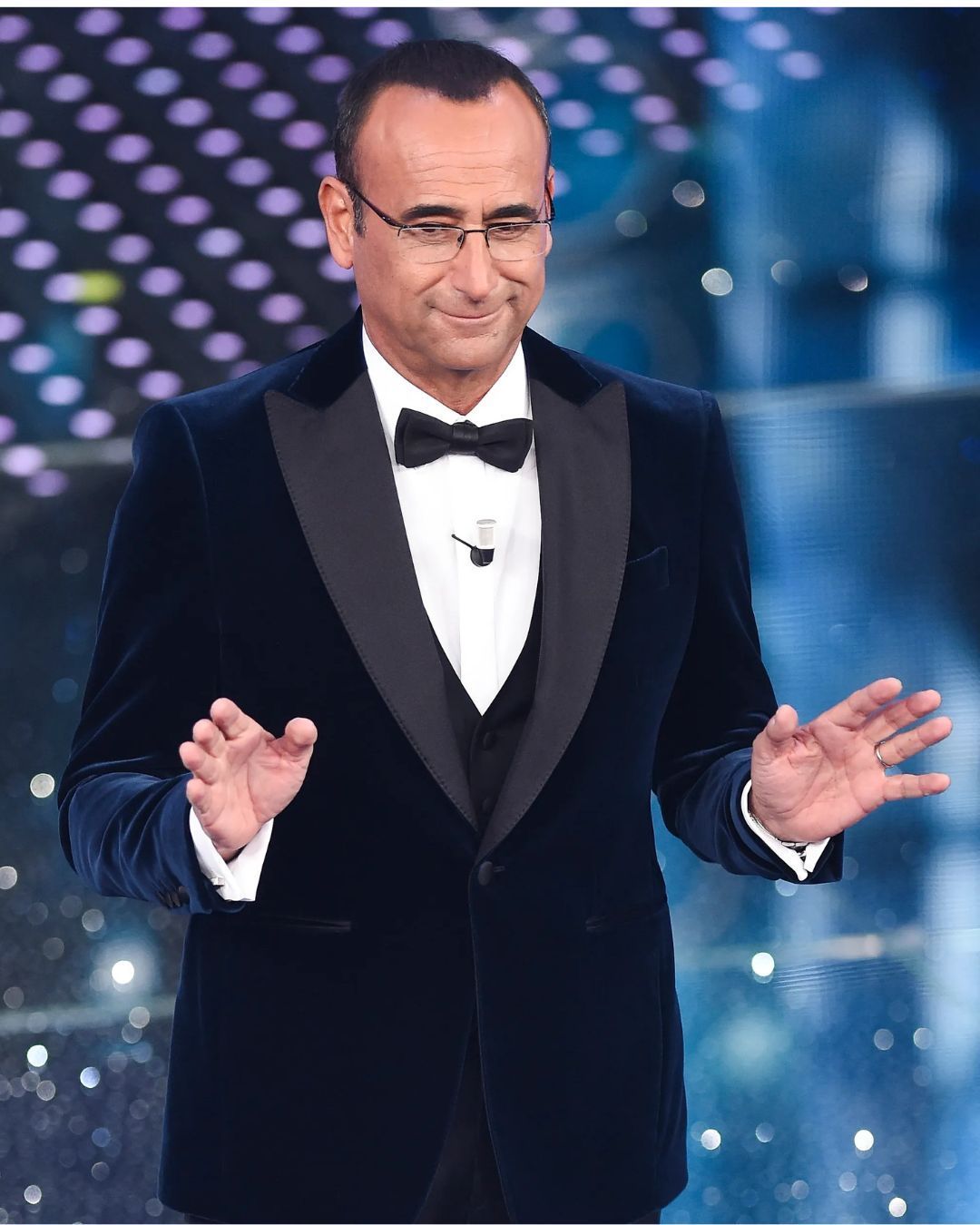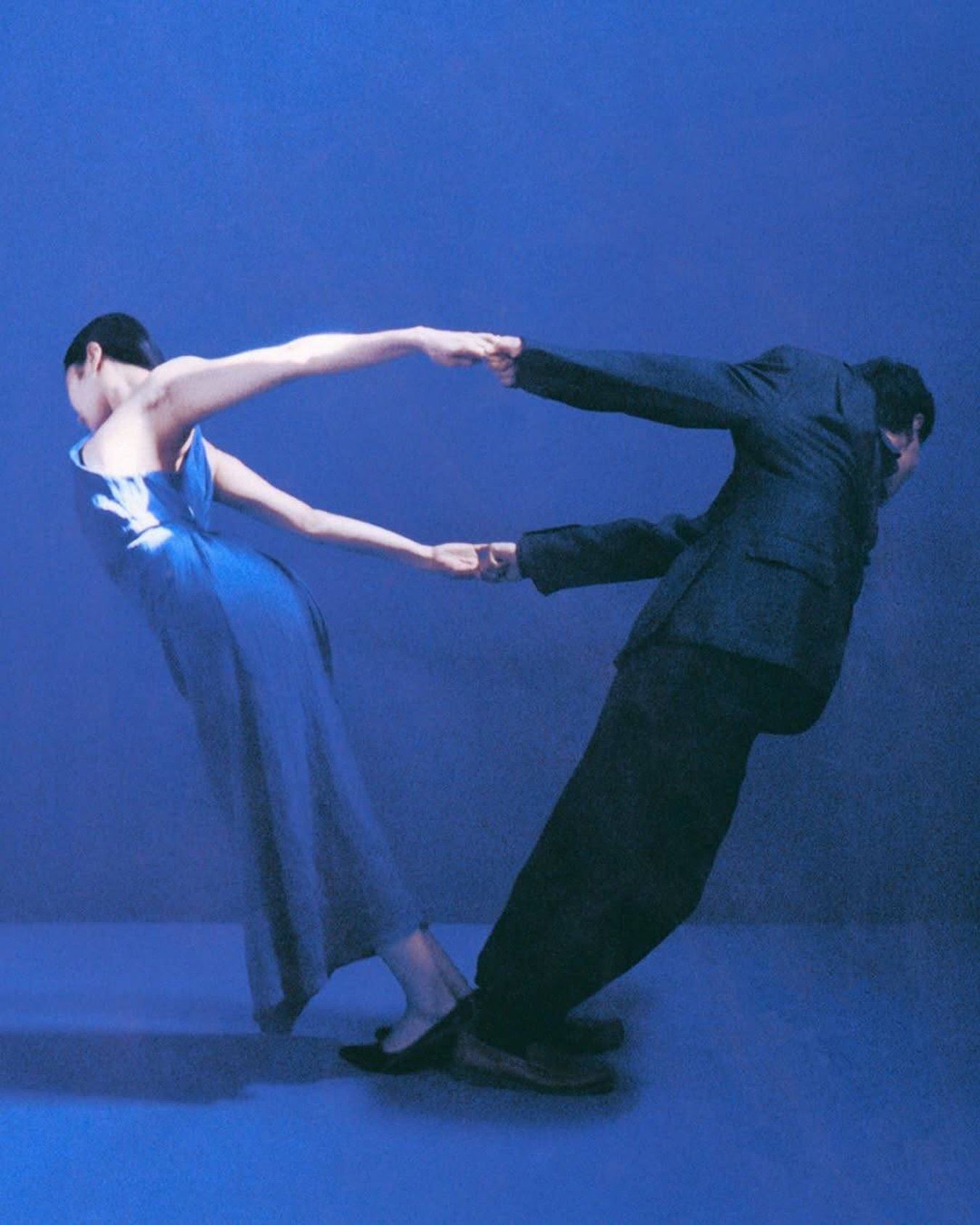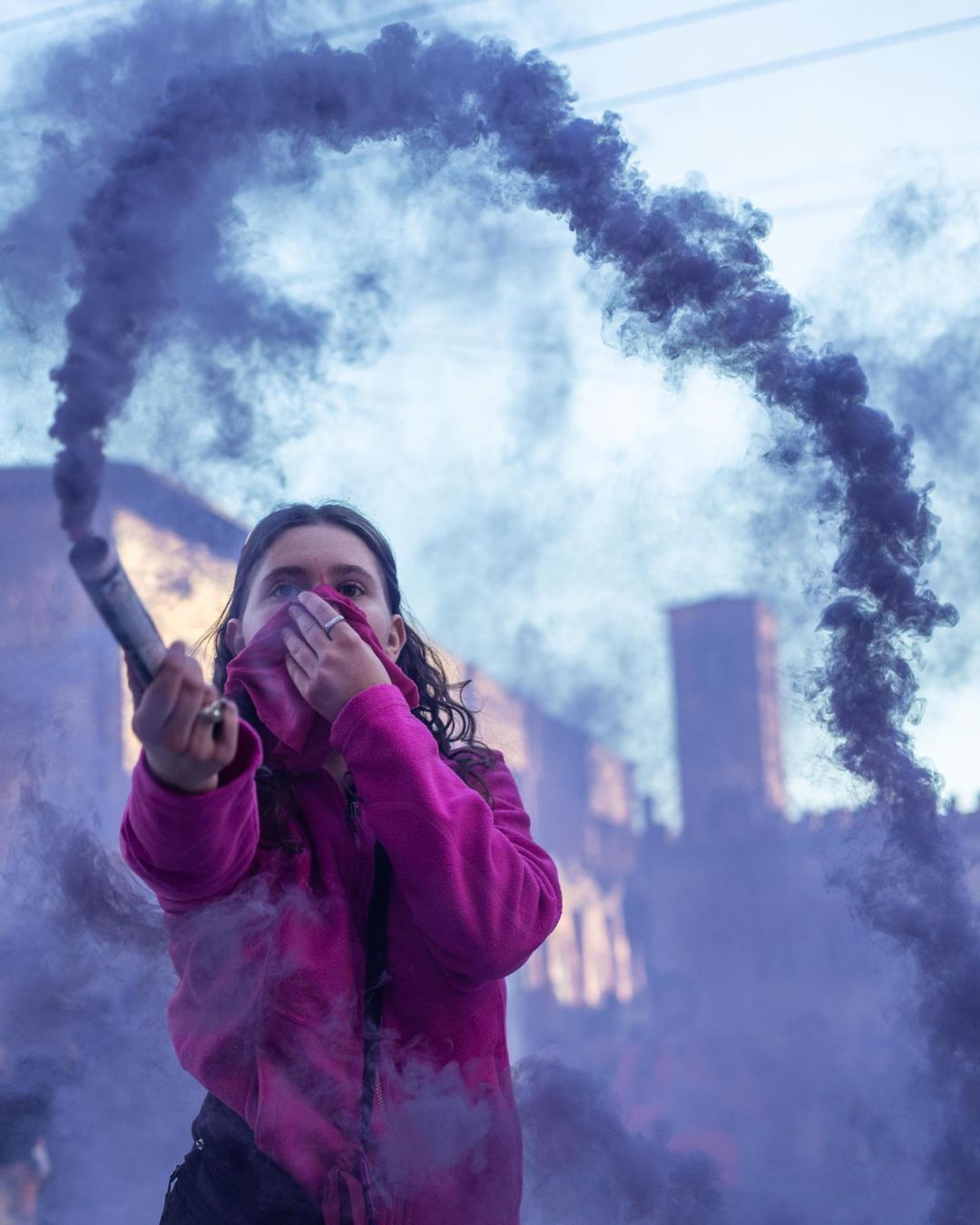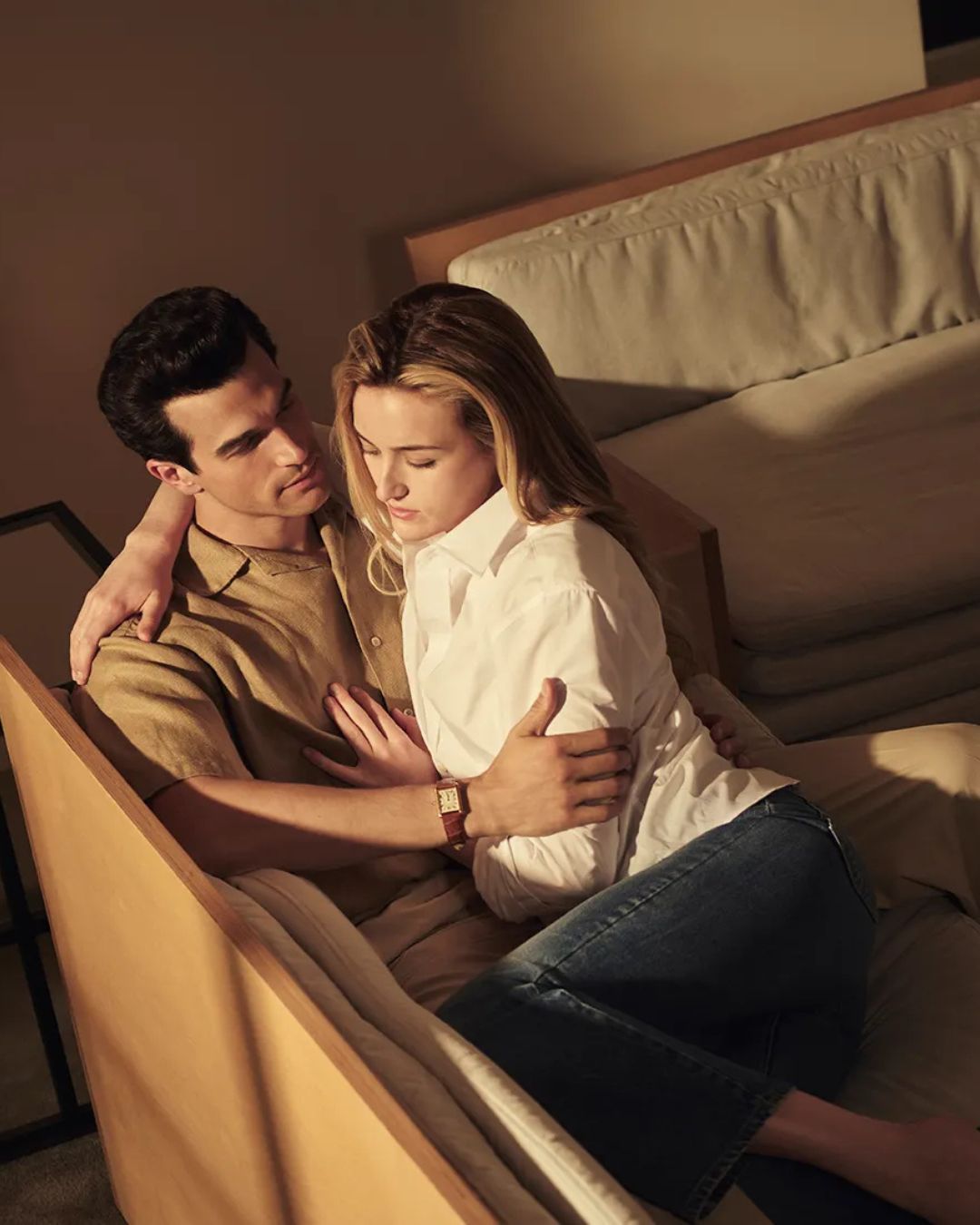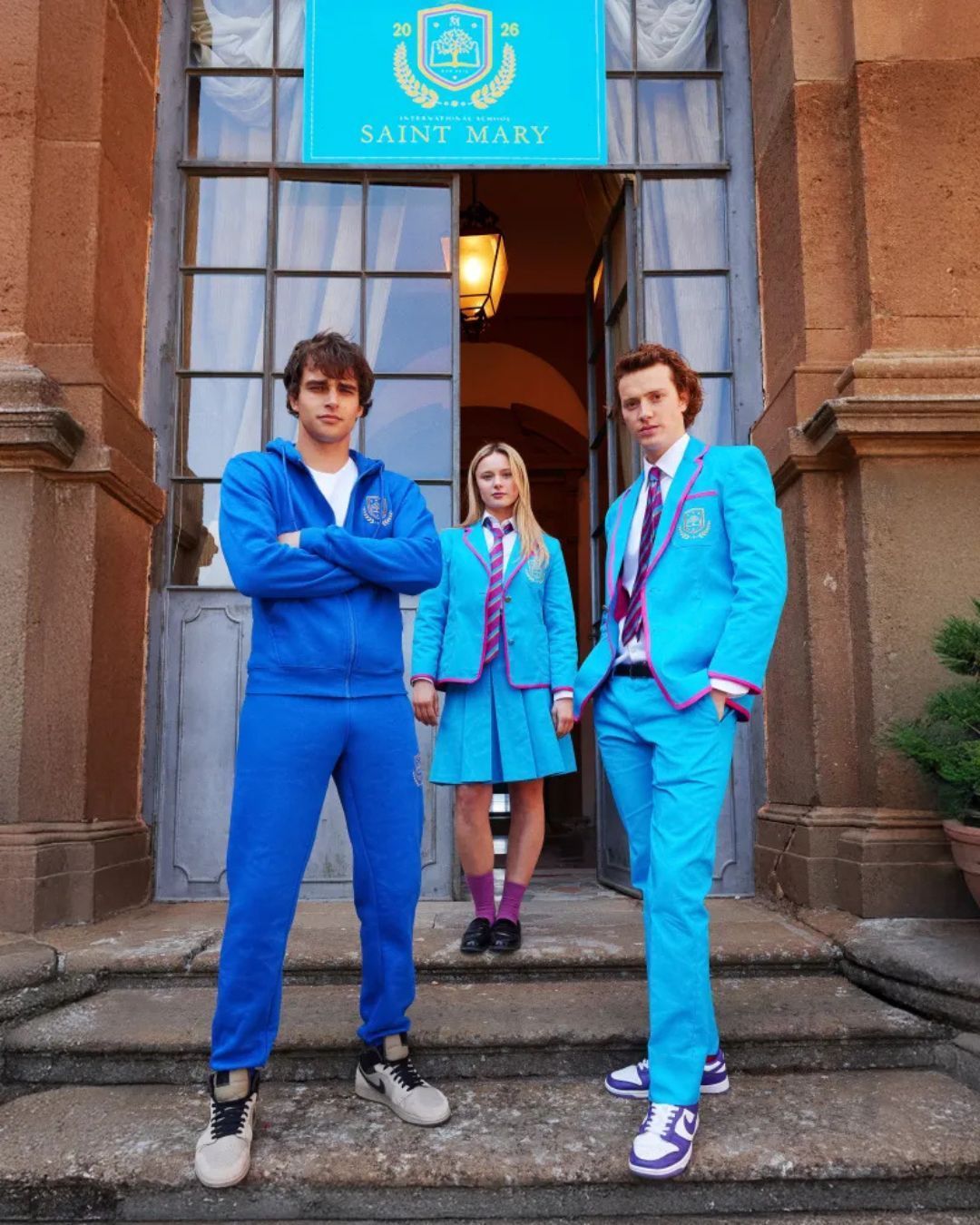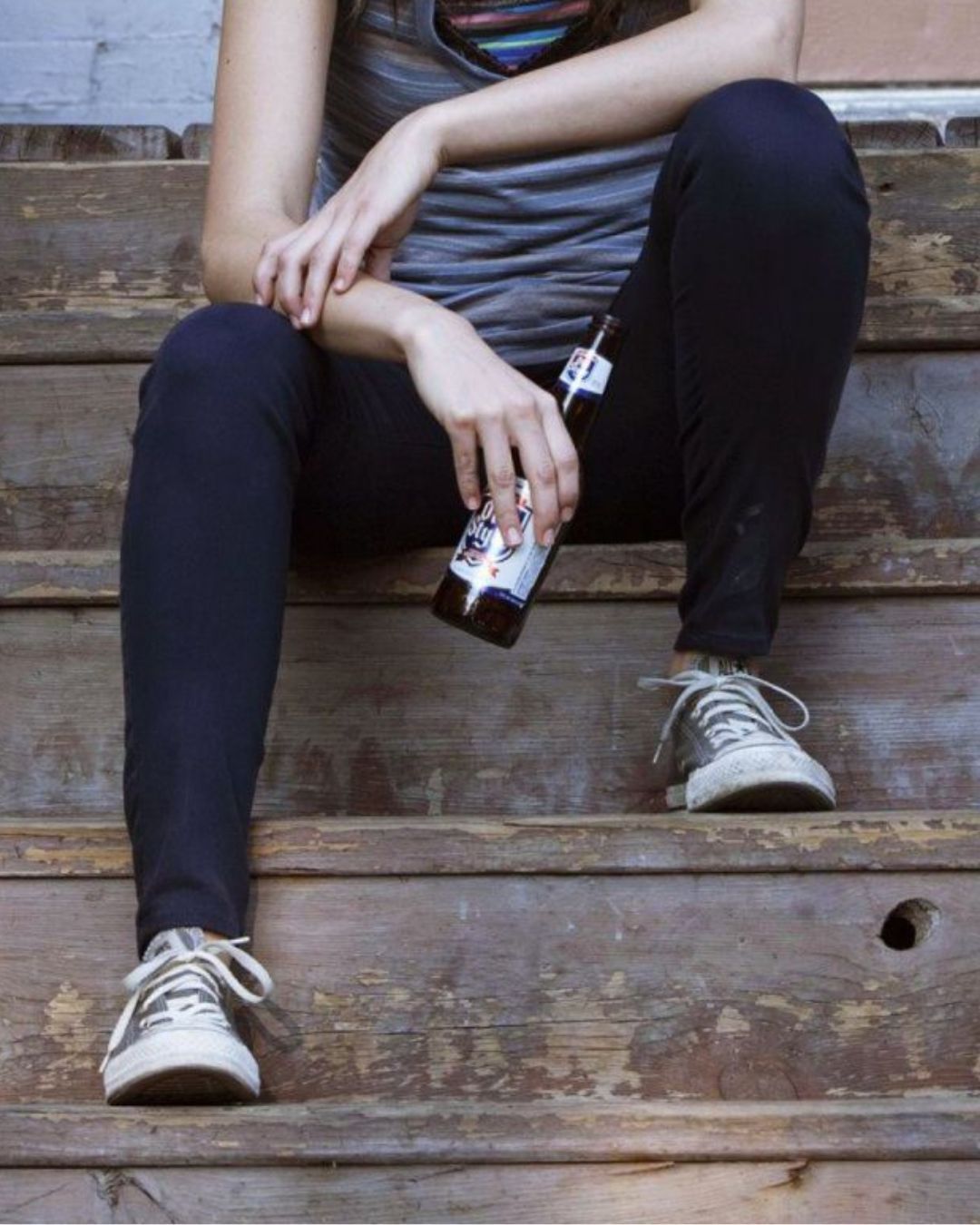
"Just listen to us": interview with Pietro Turano from Skam Italia The actor and Vice President of Arcigay Roma talks about activism, new masculinity and the representation of the LGBTQ+ community in the Italian media
In the last episode of the fourth season of Skam Italia, there is a sequence in which Filippo - played by Pietro Turano - takes an HIV test. Powered by the contrast with the notes of Pem Pem by Elettra Lamborghini, which accompany him while waiting for the result of the test, it is an important scene that in a few minutes gives a representation of the LGBTQ+ community that is much more sincere than ever seen in the Italian television.
In spite of the multitude of gay characters that one sees in the TV series and talk shows (think of the most recent proposals such as Summertime and Curon), the media representation of the LGBTQ+ community often seems to have remained tied to old, stereotypical and often counterproductive schemes.
A few days after the end of Pride Month, which has involved several cities around the world despite the health emergency, also receiving the support of many fashion and beauty brands, nss G Club has reached Pietro Turano (@eropietro), actor but also Vice President of Arcigay Roma and national councilor Arcigay, to talk about what it means to be an activist today in Italy, New Masculinity and how the LGBTQ+ community is represented in the Italian media.
You are one of the few stars of the Italian show-biz really committed to the LGBTQ + community. What does being an activist mean today?
Activism is integral to my person: it is like a factory data, it is in me a priori. In short: "everyone makes his own" and it is not a fault not to commit energies in this sense. There are several ways to make yourself useful. I find much more worrying the presumption of those who declare themselves "activists" from one day to the next on Instagram, fucking a few posts and stealing a couple of essay readings to quote here and there, but in total ignorance (or disinterest) of how difficult is the work of the organizations in the area. The web is a bubble that engulfs everything that is trendy and viral, replacing empathy with self-centeredness. This trend risks to shift the (already little) attention that people devote to social issues. Activism means putting yourself at the service of the other, making yourself a vehicle, a megaphone, and it cannot be the opposite of this, it cannot be the pretext for shifting attention towards yourself. There is no right and wrong way to do it, but there is a virtuous and a vicious approach, this makes the difference. Then, everyone helps at their best.
What are the most important battles of LGBTQ+ activism in Italy today?
The LGBT+ community has a "recent" history and evolves together with people. In Italy we still have to bring home a dignified law against homophobia, bifobia, transphobia, which can offer people all the tools to be able to emancipate themselves from discrimination and violence, which would make them "a little more equal" in a world of disparity. But we must keep our eyes open, because for the first time we are talking about homotransphobic phenomena in Parliament ... and that rope thrown upwards from the void to save us can also become a loop for our neck. Then we have to talk about the family (both as children and as parents) starting from stepchild adoption, passing through adoptions and marriage, but also for family homes and reception facilities for both Italians and LGBT+ migrants. Finally, there is the enormous cultural work starting from the youngest with respect to the themes of inclusiveness, affectivity, sexuality, identity and all that hetero-patriarchal male chauvinist model that intoxicates us with its oppressive roles.
Two years ago, when the reboot of Queer Eye on Netflix was released, the trailer said: "The original show [Queer Eye for the Straight Guy, 2003-2007] was fighting for tolerance, we are fighting for acceptance." What do you think are the main limits of the representation of the LGBTQ+ community in TV series today?
I have to say that I already feel distant from the ideals of tolerance and acceptance, like they are somewhere in the past. As a child I felt the need to be "accepted" and most likely someone before me felt the need to be "tolerated". Because basically we get, at best, what we think we deserve. Here, to those who come after me I wish to feel "included, part of" without feeling that they have to ask someone for permission to be what they are and what they can. The most problematic representations of our identities are simply flat, two-dimensional, or on the contrary science fiction. There is often little humanity in the representation of minorities. But we are neither exotic nor Martian animals, we are people and we need spaces to express ourselves in our complexity, so just listen to us.
What about the Italian Production?
I'm sorry to say it, but I see it very badly. In the representations and in the entire professional system. Here there is little and nothing, mostly scoff. But then, suddenly, a few beautiful bright stars appear and they show the way. And luckily these pearls get the deserved consensus, showing that the possibilities to build something decent exist. So ... let's get active.
Some complain of a superficial representation of the LGBTQ+ community in the media. Instead, you often repeat that stereotypes are not to be condemned. Why?
Representation FOR stereotypes is a huge problem, because it flattens and reduces our identities to simple cardboard shapes. But the representation OF stereotypes is not bad: to condemn it would represent a further risk of discrimination, more subtle but equally terrifying. Stereotypes and clichés exist because they originate from the observation (albeit limited and limiting) of "common" characters in others: what must be rejected is the superficial, instrumental, prejudicial use of these characters, but not the very fact that they have place in people.
What could mean to deny these common characteristics?
Let me give you an example: a classic stereotype is that for which gay men are feminine. We all agree that it is deeply wrong to operate the gay association = femininity, because it follows the worst traits of the male chauvinist culture we are fighting against, yet many gay boys are truly "effeminate". This happens because they don't let that culture repress their personality, and they have every right to claim it without feeling uncomfortable. Eliminating the most stereotypical elements means bowing to the majority logic and condemning to death those who, by their nature, a stereotype follows it or claims it. It means making minorities into minorities the scapegoat, and as always, according to this logic, only those who are "more similar or more acceptable" in the eyes of the powerful will be able to survive. The stereotypical representation is brought down by showing the plurality and complexity of our lives, not mutilating us in the pathological illusion of making us more palatable and tolerable. We have been blinded by the glow of the struggle for equality, forgetting the real battle: that for the enhancement of diversity!
Recently, thanks to celebrities such as Billy Porter, Harry Styles and Ezra Miller, we have started to talk about the concept of New Masculinity: a fluid masculinity, free from gender stereotypes. Do you think this phenomenon could find fertile ground in the heterosexual and, more generally, cis-gender community here in Italy? And if so, could it help solve problems faced by the LGBTQ+ community?
I feel that most of the cis-gender people, more or less consciously, are instinctively rejecting certain roles in which they do not recognize themselves at all, especially among the younger generations. We talk a lot about the female condition because there is a fundamental specificity for which women, in addition to having to endure the gender roles assigned to them, must also endure a culture according to which their gender and the various roles associated with it are subordinate to the male gender. But we speak very little about how oppressive that same male chauvinist culture is even for men, who do not live in a condition of subjugation, but equally suffer from the pressure. How many men commit suicide because of professional failures, only because we expect success, fame, glory, wealth, prowess, domination from them? The deconstruction, at all levels, of gender as a cultural construct is the basis through which to unhinge male chauvinism and systemic patriarchy.
A deconstruction that is represented in Italy by characters such as Ghali and Achille Lauro.
Replacing toxic masculinity with plural models of masculinity is a step forward in the battle for all humankind. But be careful to make straight and cis-gender males the new queer icons, because they certainly build a fundamental piece of this counter-culture, but it has nothing to do with being "queer" models. I really appreciate the work of Ghali and Lauro in this sense and they are for me "men of the future", but not for this I identify them as queer icons, on the contrary, rather I see fresh icons of "new straight and cis-gender men", which are equally necessary.
Do you think Italy is ready for this change and to "catch up" with other countries that have shown greater openness?
There are those who are ahead, those who are behind, but one thing is certain and unstoppable: the direction of the whole human evolution. We are people in the making and we rediscover ourselves every day. One day we will have won, and when we will have time to stop for a moment and look behind us, we will see only two categories of people: those who have always looked ahead, questioning themselves to bring "beyond" the whole of humanity, and those who have worked to slow us down, fighting uselessly against time. I don't see any possible scenario in which we lose and go back, because life is a progression in which experiences always add up and never escape. Italy for me is a dramatically hypocritical country, and with hypocrites it is difficult to dialogue because they do not have the courage to show themselves for what they are, but it is also a country rich of artistic and cultural hints... and these are incredible engines for the progress, because they act on the belly as well as on the head.
What is your relationship with fashion?
I am terribly fascinated by fashion, both as a phenomenon and as an intrinsic value, and I perceive it as something really very "high". I'd like to be in it with all my shoes, literally. It is able to change the way we perceive and express ourselves, to make us question our values and our principles, it gives us the opportunity to transform ourselves and to apply art to everyday life, directly through our body , that is, our material essence.
Who is the character of a TV series that inspired you growing up?
I know that it is a bit sad, but in fact not to anyone in particular. More to literary characters, maybe. In general, I never closed myself to single icons, but I always looked for plural and different hints. I've always been thirsty for new. During the period of awareness of my sexual orientation, however, I can say that I identified a lot in Justin Taylor from Queer As Folk.
The virus didn't stop Pride Month. How can one concretely support the cause?
Supporting as best as possible the realities that work in the area, such as listening/reception services such as Gay Help Line, which help people in difficulty and who have seen their conditions worsen during the emergency. By conveying the battles of associations or any reality that carries forward inclusive messages, also by spreading them through its channels, online and offline, and always relaunching towards useful and concrete services and points of reference. Spreading and not replacing these. Taking the opportunity of Pride Month and all the similar ones in which we talk about certain topics to carry out cultural battles in everyday life, with friends, relatives, lovers and all the people around us, because sexism, homophobia, transphobia are part of each of us and realizing it is the first step to making us better people.
Finally, a viewing tip: what are the LBGTQ+ TV series that one just can't miss?
Queer As Folk, Euphoria, Transparent, Skam Italia / Skam, Pose, Sense8.



